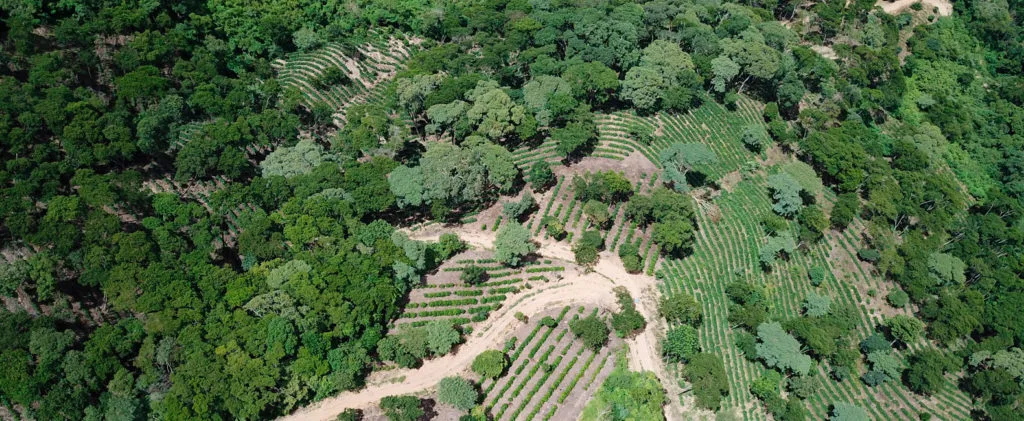Bolivia’s President, Luis Arce, recently signed a bill aiming to limit the amount of land foreign individuals can own.
It proposes a cap of 2,000 hectares for foreigners. Meanwhile, Bolivian citizens can own up to 5,000 hectares according to national law.
Why does this matter? Well, Miguel Urioste, a researcher, found that about one million hectares in Bolivia are foreign-owned.
Most of these landowners are from Brazil and Argentina. They mainly focus on agriculture. This has led to debates on land ownership, especially in eastern Bolivia.
Some critics question the bill’s details. Gonzalo Colque, another researcher, is among them. He asks why the limit is set at 2,000 hectares for foreigners.
According to him, the bill lacks technical reasons for this specific number. In addition, some people label the bill as xenophobic.
They argue it doesn’t provide enough justification for its claims.

However, Deputy Minister of Land, Ramiro Guerrero, supports the bill. He says it aims to safeguard Bolivia’s national interests.
Guerrero believes it sets reasonable conditions for foreign investment in Bolivian lands.
The bill also states something important. It argues that too much foreign ownership could be a threat.
Specifically, it says it could endanger Bolivia’s sovereignty. Also, it would contradict the social and economic functions of land.
Lastly, Bolivia has a land area of 109 million hectares. Out of this, 26.7 million hectares are government-controlled lands.
The new bill suggests these lands should primarily go to indigenous and local communities.
So, in summary, the bill wants to protect national interests. It also seeks to ensure fair land distribution among Bolivians and foreigners alike.
Critics demand more clarity, while supporters see it as a step towards safeguarding sovereignty.

